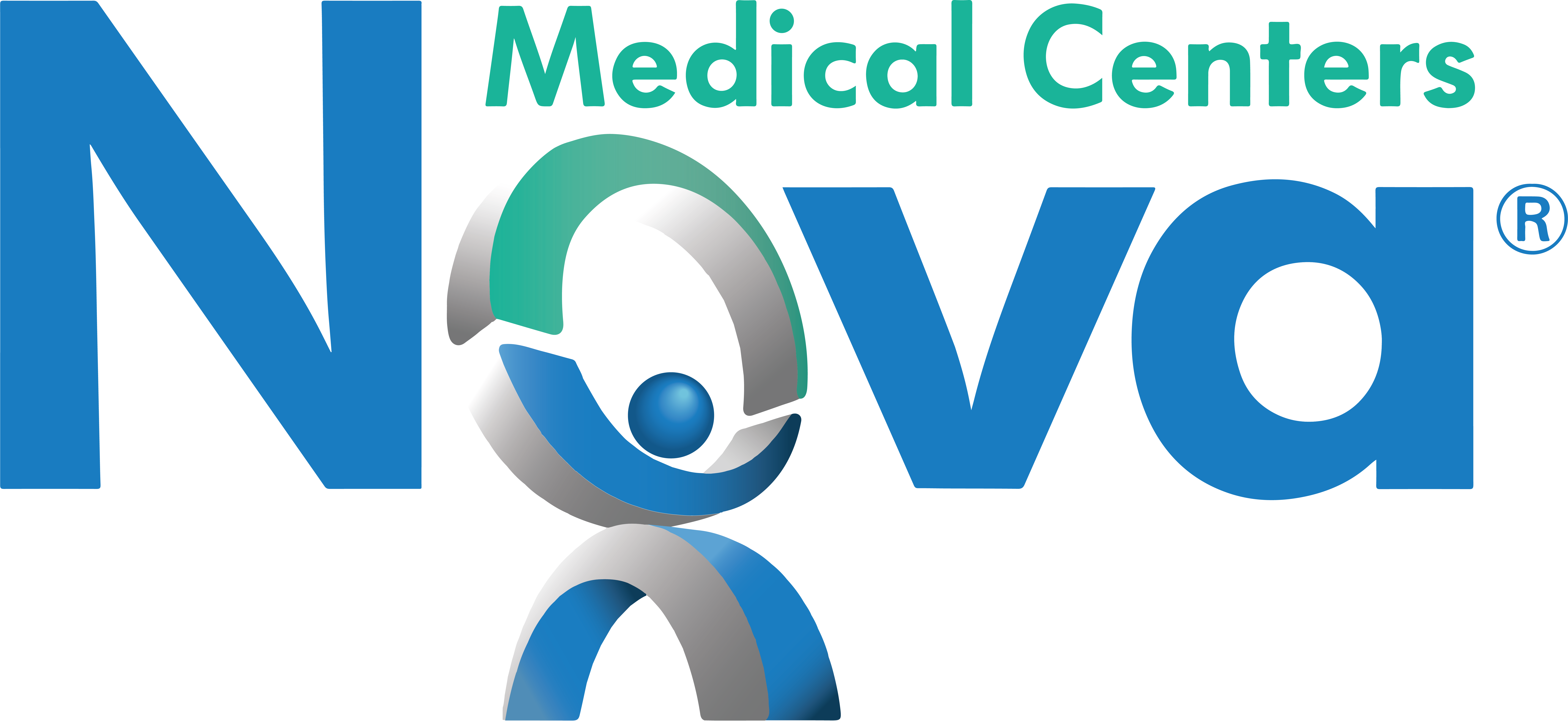Today’s physician assistants (PA) know the value and importance of their degree, as they continue to watch it grow in popularity. In 2010, Money Magazine already listed the PA profession as the second-best job in America. In June of 2011, Forbes Magazine noted that a PA degree was the best master’s degree for students based on salary and projected job growth. Here we are in the beginning of 2014, and that still holds true. So what’s the deal with this profession?
For starters, a prospective PA needs a bachelor’s degree and about three years of healthcare experience before entering a graduate-level PA program, which usually lasts about two to three years. Physician assistant programs are often held at traditional medical schools because they follow much of the same curriculum as MD students, including diagnosis, interpreting test results and counseling patients. They must also pass the Physician Assistant National Certifying Exam (PANCE).
The new health reform law is helping make this a great career move as well, as it provides stipends and tuition assistance for those entering an accredited PA program. Some more information is available from the government about how schools received and are allocating this funding to new students in their PA programs.
Physician assistants can be found in every type of medical setting from hospitals to family practices to clinics. Certified PAs can perform a range of duties including taking histories and conducting physical examinations, diagnosing and treating illnesses, ordering and interpreting tests, and even assisting or performing surgeries. Because of their scope, PAs are a vital part of the medical community.
They have the numbers to prove it. According to the National Commission of Certification of Physician Assistants (NCCPA) their profession has grown by 75 percent in the past eight years, with about 87,000 practicing PAs nationwide. The U.S. Bureau of Labor Statistics projects the number of PA jobs will only continue to increase to about 104,000 by 2018.
As more and more people become insured under the Affordable Care Act and enter the healthcare system as patients, being a graduate of an accredited PA program sounds like a sound investment for the future.



